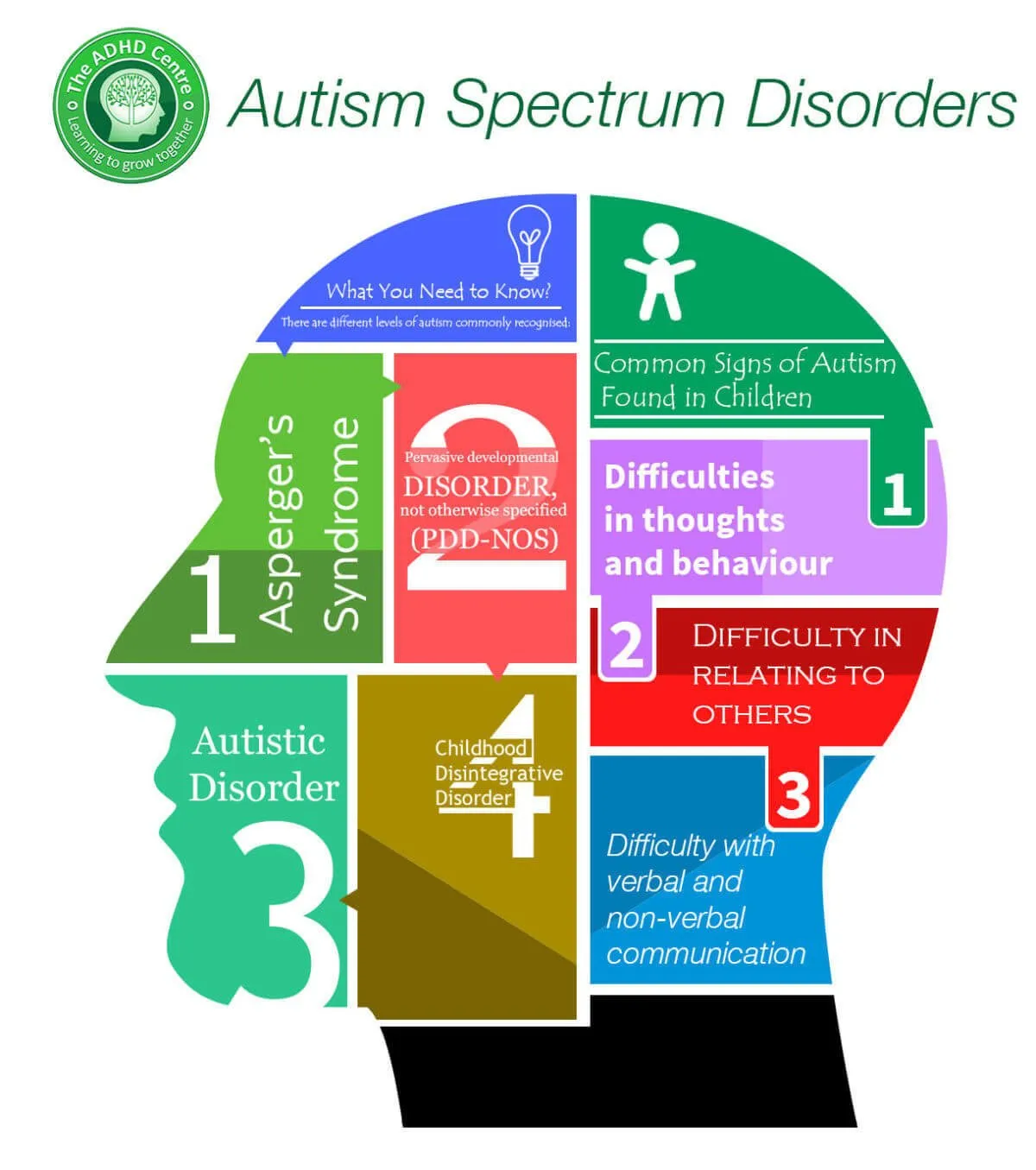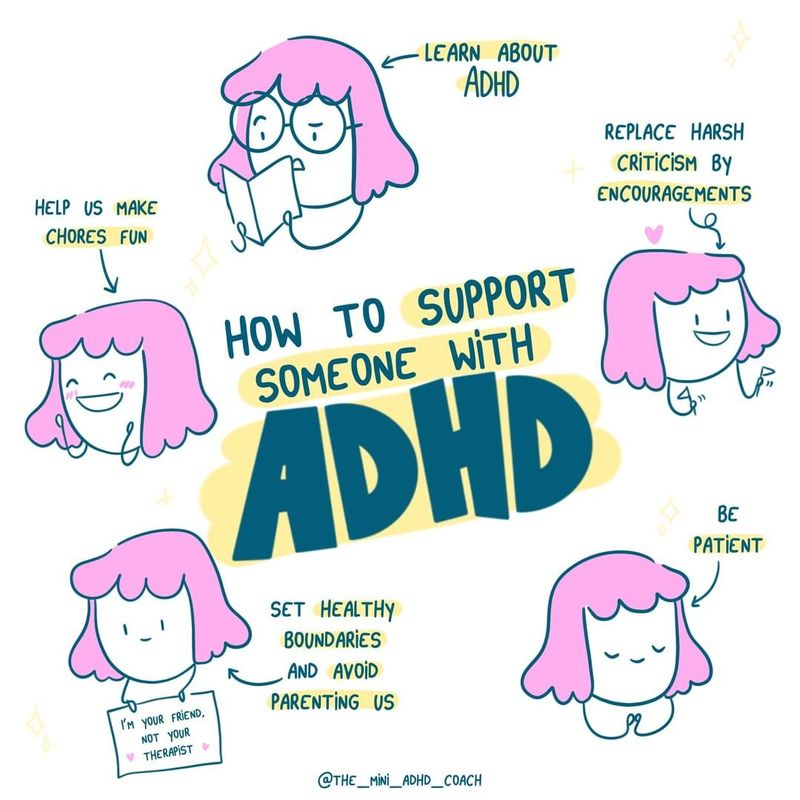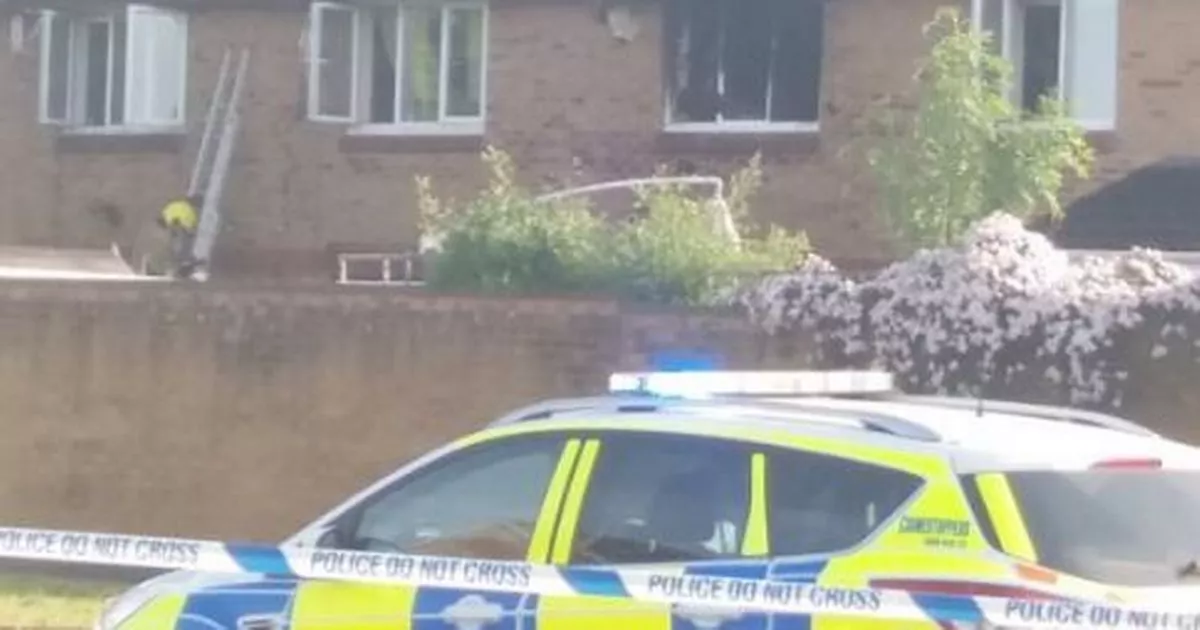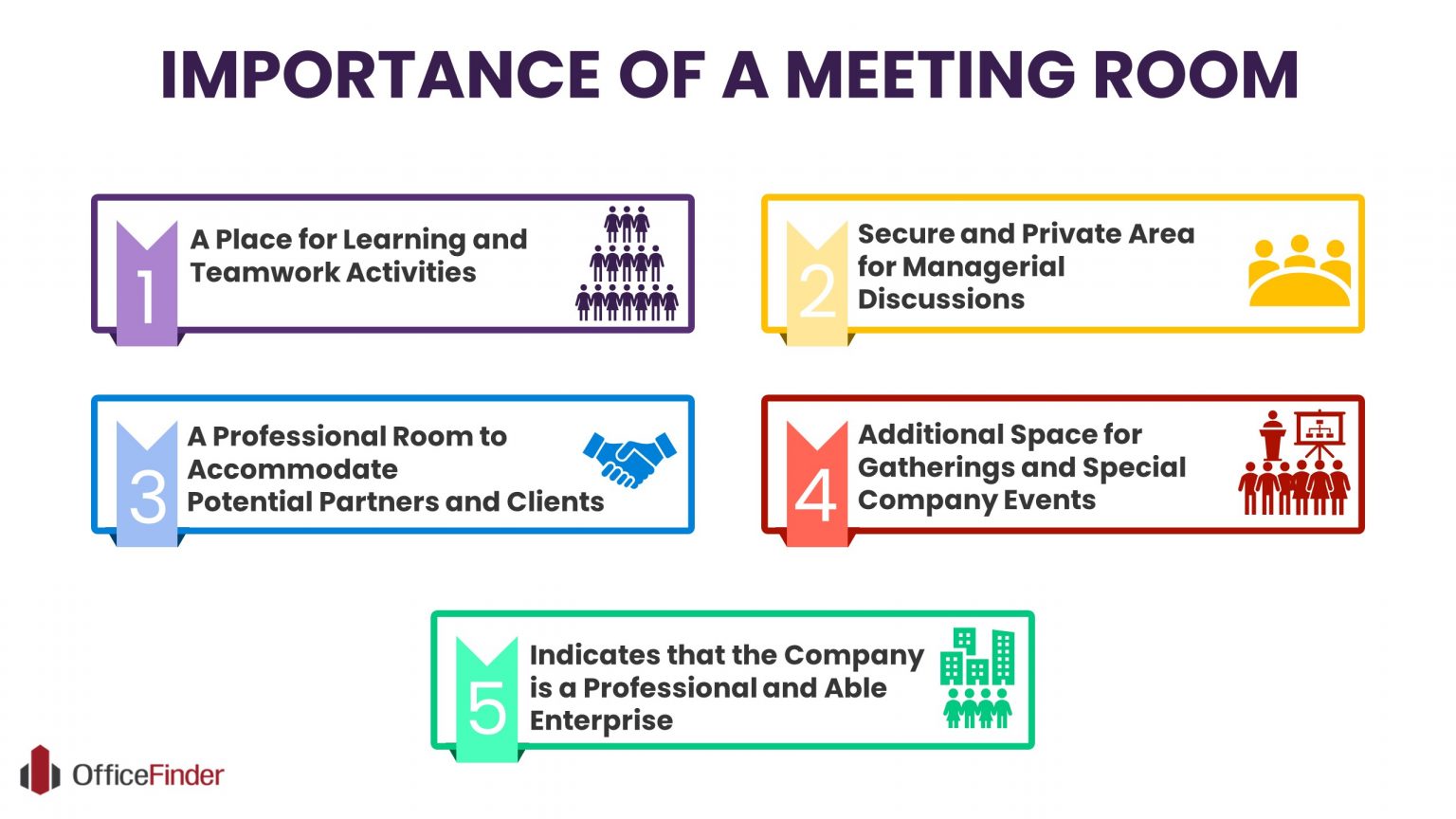Facing A Potential Adult ADHD Diagnosis: Your Action Plan

Table of Contents
Recognizing the Signs of Adult ADHD
Many adults live with undiagnosed ADHD, unaware that their struggles with focus, organization, and emotional regulation might stem from this neurodevelopmental disorder. Recognizing the signs is the crucial first step towards an Adult ADHD diagnosis and effective management.
Common Symptoms in Adults
Adult ADHD symptoms often differ from those observed in children. While hyperactivity might be less pronounced, adults with ADHD frequently experience:
- Difficulty Focusing: Struggling to maintain attention during tasks, conversations, or meetings; easily distracted by irrelevant stimuli; difficulty completing tasks requiring sustained attention. For example, finding it hard to finish a work project, losing train of thought mid-conversation, or constantly switching between tasks without completing any.
- Impulsivity: Acting without thinking, making hasty decisions, interrupting conversations frequently, difficulty controlling emotional responses. Examples include blurting out inappropriate comments, making impulsive purchases, or engaging in risky behaviors without considering the consequences.
- Hyperactivity (or Restlessness): Feeling restless, fidgety, or unable to sit still for extended periods. This might manifest as pacing, tapping feet, or difficulty relaxing. In adults, this can look like constant need to be doing something, even if it's unproductive.
- Disorganization: Struggling with time management, procrastination, poor planning skills, and difficulty keeping track of belongings or appointments. Examples include consistently missing deadlines, losing keys or important documents frequently, and struggling to maintain a clean and organized living space.
- Emotional Regulation Challenges: Experiencing intense emotional reactions, difficulty managing frustration, anger, or sadness; mood swings; feeling overwhelmed easily. Examples might include outbursts of anger, difficulty coping with stress, or significant emotional reactivity to minor setbacks.
For more information on Adult ADHD symptoms, visit the CHADD website [link to CHADD] or the NIMH website [link to NIMH].
Differentiating ADHD from Other Conditions
It's important to note that ADHD symptoms can overlap with other conditions, making self-diagnosis unreliable. Anxiety, depression, and bipolar disorder can share similar characteristics. A professional diagnosis is essential to rule out other possibilities and provide an accurate assessment.
- Anxiety Disorders: Symptoms like restlessness, difficulty concentrating, and irritability are common in both ADHD and anxiety.
- Depression: Low energy, difficulty concentrating, and problems with motivation are features of both conditions.
- Bipolar Disorder: Mood swings and impulsivity are shared symptoms, but bipolar disorder involves distinct periods of mania or hypomania.
Only a qualified professional can differentiate between these conditions and provide an accurate Adult ADHD diagnosis.
Self-Assessment Tools and Questionnaires
While not a substitute for a professional evaluation, several online questionnaires can help you assess whether you might have ADHD. These tools offer a preliminary screening but should not be used for self-diagnosis.
- [Link to a reputable ADHD questionnaire]
- [Link to another reputable ADHD questionnaire]
Remember: These questionnaires are for informational purposes only. A comprehensive evaluation by a healthcare professional is crucial for an accurate Adult ADHD diagnosis.
Seeking Professional Help for Adult ADHD Diagnosis
Seeking an Adult ADHD diagnosis involves several steps. Taking a proactive approach will make the process smoother and more effective.
Finding the Right Professional
Finding a qualified professional is paramount. Psychiatrists, psychologists, and neuropsychologists are all qualified to diagnose and treat ADHD.
- Psychiatrists: Can prescribe medication.
- Psychologists: Provide therapy and counseling.
- Neuropsychologists: Conduct comprehensive testing to assess cognitive functions.
Look for professionals specializing in ADHD in adults. Ask for referrals from your primary care physician or search online directories for specialists in your area.
Preparing for Your Appointment
Before your appointment, gather relevant information to aid in the diagnostic process.
- Personal History: Detail your symptoms, their onset, and their impact on your life.
- Symptom Log: Maintain a journal documenting your experiences over several weeks, including specific instances of symptoms.
- Family History: Note any family history of ADHD or other relevant conditions.
- Questions to Ask: Prepare a list of questions for the professional, ensuring all your concerns are addressed.
Here are some essential questions to consider:
- What tests will be conducted to determine an Adult ADHD diagnosis?
- What are the different treatment options available?
- What is the expected timeframe for the diagnostic process?
- What support groups or resources can you recommend?
Understanding the Diagnostic Process
The diagnostic process typically involves:
- Clinical Interview: A detailed discussion about your symptoms, history, and daily life.
- Questionnaires: Standardized questionnaires to assess ADHD symptoms.
- Neuropsychological Testing (Sometimes): Tests to evaluate cognitive functions, such as attention, memory, and executive functions.
The DSM-5 criteria for ADHD diagnosis will be used to guide the assessment. This process helps ensure a comprehensive and accurate Adult ADHD diagnosis.
Coping and Managing Adult ADHD Before and After Diagnosis
Regardless of whether you've received an Adult ADHD diagnosis, implementing coping strategies can significantly improve your quality of life.
Strategies for Managing Symptoms
Even before a diagnosis, you can begin implementing strategies to manage symptoms:
- Time Management Techniques: Utilize planners, calendars, and time-blocking techniques.
- Organization Strategies: Employ organizational tools like to-do lists, file systems, and label makers.
- Mindfulness Practices: Engage in mindfulness exercises to improve focus and reduce impulsivity.
- Lifestyle Adjustments: Prioritize regular sleep, a healthy diet, and regular exercise, which can significantly improve focus and energy levels.
Support Groups and Resources
Connecting with others facing similar challenges is invaluable.
- CHADD (Children and Adults with Attention-Deficit/Hyperactivity Disorder): [link to CHADD]
- ADDitude Magazine: [link to ADDitude]
- [Link to a relevant support group]
These resources offer invaluable support, information, and community.
Treatment Options for Adult ADHD
Treatment for ADHD is often personalized and may involve a combination of approaches.
- Medication: Stimulants and non-stimulants can help manage symptoms like inattention, impulsivity, and hyperactivity. Discuss potential side effects with your doctor.
- Therapy: Cognitive Behavioral Therapy (CBT) and behavioral therapy can teach coping mechanisms and strategies for managing ADHD challenges.
Remember that finding the right treatment plan may involve some trial and error. Work closely with your healthcare provider to explore options and adjust your approach as needed.
Conclusion
Facing a potential Adult ADHD diagnosis can feel daunting, but taking proactive steps toward understanding and addressing your symptoms is crucial. By following this action plan—from recognizing the signs of Adult ADHD to seeking professional help and exploring treatment options—you can gain clarity, build resilience, and improve your overall well-being. Remember, seeking a professional evaluation for an Adult ADHD diagnosis is the first step towards effective management and a brighter future. Don't hesitate to reach out for support – your journey towards better mental health starts now.

Featured Posts
-
 Understanding The Impact Of Group Support On Adhd Symptoms
Apr 29, 2025
Understanding The Impact Of Group Support On Adhd Symptoms
Apr 29, 2025 -
 Country Stars Spouse Refutes Caretaker Report Regarding Their Son
Apr 29, 2025
Country Stars Spouse Refutes Caretaker Report Regarding Their Son
Apr 29, 2025 -
 North Carolina University Campus Shooting One Killed Six Wounded
Apr 29, 2025
North Carolina University Campus Shooting One Killed Six Wounded
Apr 29, 2025 -
 Get Capital Summertime Ball 2025 Tickets Everything You Need To Know
Apr 29, 2025
Get Capital Summertime Ball 2025 Tickets Everything You Need To Know
Apr 29, 2025 -
 X Corps Financial Update Debt Sale And Future Implications
Apr 29, 2025
X Corps Financial Update Debt Sale And Future Implications
Apr 29, 2025
Latest Posts
-
 Live Coverage Significant House Fire With Explosion In Yate Uk
Apr 30, 2025
Live Coverage Significant House Fire With Explosion In Yate Uk
Apr 30, 2025 -
 Yate House Fire Live Updates On Major Explosion And Blaze
Apr 30, 2025
Yate House Fire Live Updates On Major Explosion And Blaze
Apr 30, 2025 -
 Choosing The Best Slides For Summer 2025 A Practical Guide
Apr 30, 2025
Choosing The Best Slides For Summer 2025 A Practical Guide
Apr 30, 2025 -
 Defense Antiaerienne Ukrainienne Le Soutien Americain Se Precise Avec Des Solutions Europeennes
Apr 30, 2025
Defense Antiaerienne Ukrainienne Le Soutien Americain Se Precise Avec Des Solutions Europeennes
Apr 30, 2025 -
 Summer 2025 Slide Selection Key Features And Considerations
Apr 30, 2025
Summer 2025 Slide Selection Key Features And Considerations
Apr 30, 2025
